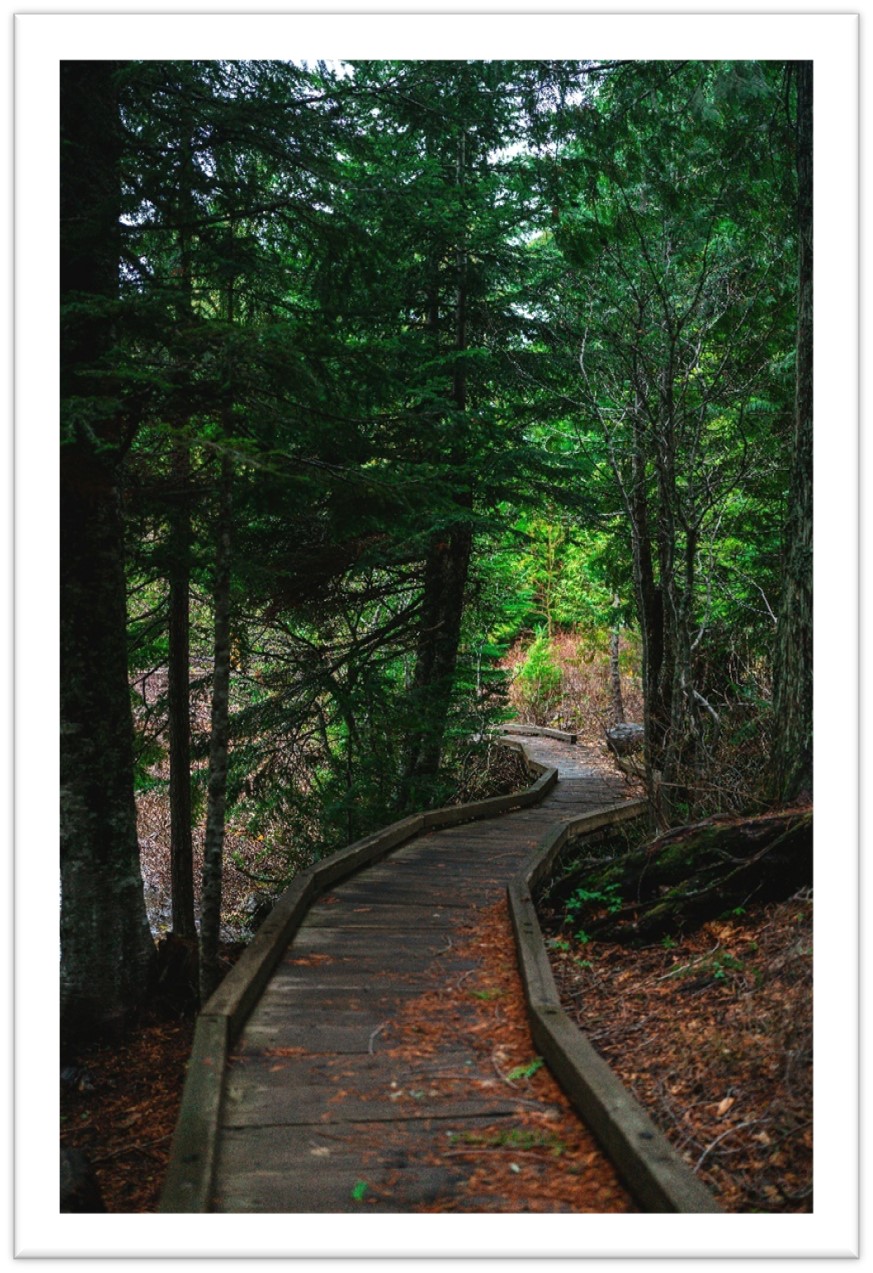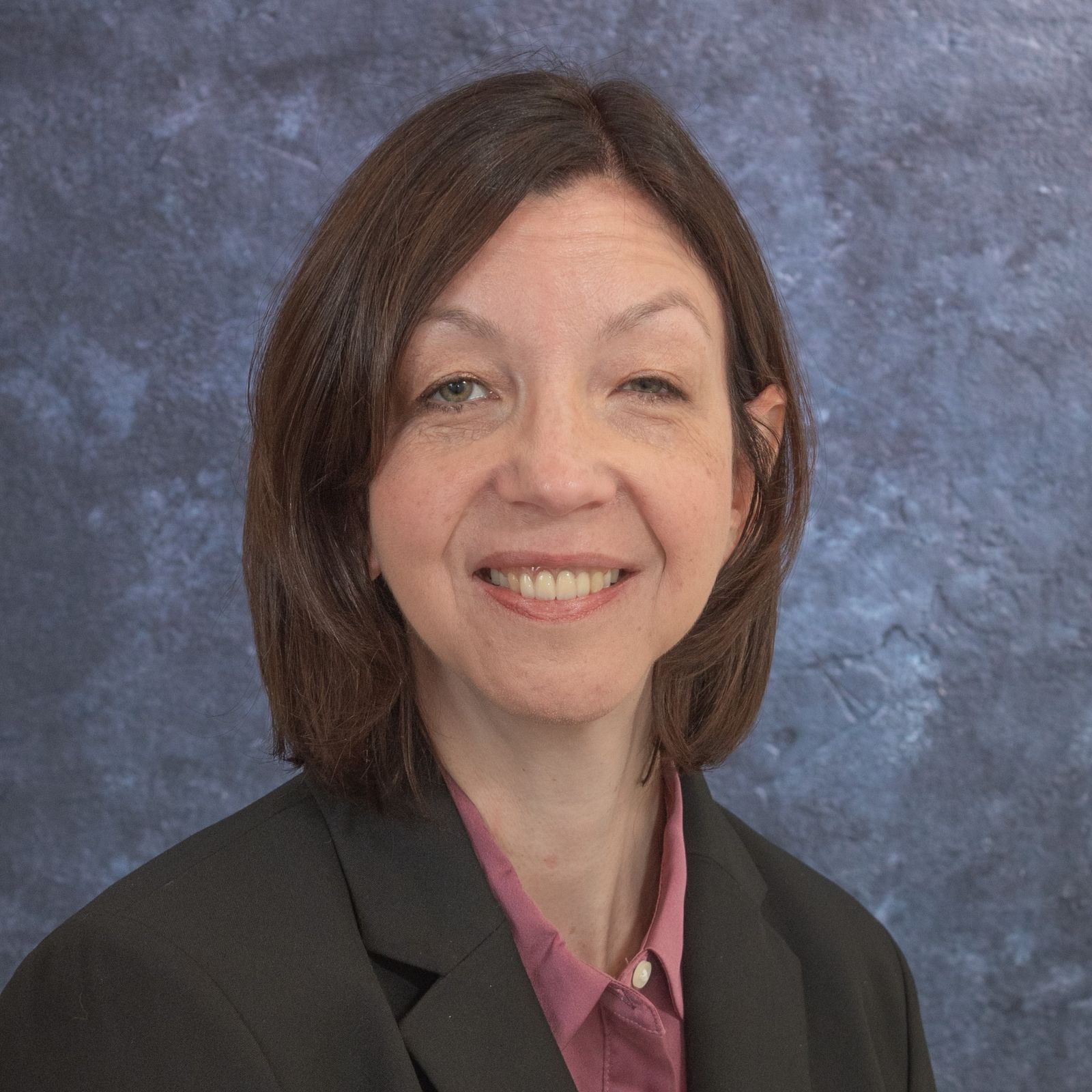
Save the date for our annual gala, to be held May 14, 2026 at Castaway Portland.
Reach out to Rebecca Raab at rebecca.raab@projectaccessnow.org for more information or sponsorship opportunities.
Support for Health-Related Social Needs
The Community Assistance Program (CAP) is a vital resource dedicated to connecting community members with essential services. By addressing key health-related social needs, such as access to housing, food security, transportation, and utility assistance, we are helping individuals achieve greater stability and well-being.
Through the first half of this year, the program has delivered $4.2 million in services funded by community benefit funds and CCO flex funding. Additionally, via the 1115 waiver, we facilitated $3.4 million in payments for housing and utilities.
The vast majority (84.44%) of clients we serve who provide income information fall within the 0-138% FPL range, highlighting the financial challenges faced by many.
This proactive approach significantly reduces avoidable emergency department visits and hospital readmissions, allowing our community members to achieve better health outcomes and greater stability.
Client Story
A mother recovering from a cesarean section while caring for her newborn and four other children found herself in a deeply vulnerable position after leaving an abusive relationship. Her former partner, now incarcerated following the domestic violence incident, had previously contributed financially to the household. Without his support, she was left to shoulder the full burden of caring for five children and maintaining her home, both physically and financially, while still healing from major surgery.
As bills accumulated and her mortgage due date approached, she sought help through multiple local and state resources. Despite her persistent efforts, she was unable to access the emergency assistance she needed in time. With no income, no support, and a newborn being discharged from the hospital, the risk of losing her housing became very real. Project Access NOW became her last hope.
Understanding the urgency of her situation, Project Access NOW responded quickly and facilitated access to critical financial assistance to cover her mortgage. This support not only helped her avoid losing her home but also ensured that her newborn would be discharged to a safe, stable environment.
Thanks to this intervention, the mother now has the time and space to continue healing from childbirth while making a plan to stabilize her family's future. She intends to pursue child support through legal channels and return to work once medically cleared. PANOW’s timely support provided the stability this mother needed to stay in her home and care for her children during a challenging time.
Insurance Enrollment & Payment Support: A Look at Our Impact
Our Insurance Enrollment & Payment Support program is a critical resource for individuals navigating the complexities of health insurance. In the first two quarters of 2025, our team provided extensive assistance, helping community members secure and maintain health coverage.
This support includes guiding a total of 877 applicants through the enrollment process and facilitating premium payments for 541 people. This support has a significant impact, with the value of premiums paid totaling over $242,000 for the first half of the year.
We are committed to ensuring our community has access to the health care services they need to live healthier lives.
Introducing Client Navigation Services
The Client Navigation Services (CNS) program is PANOW’s newest initiative, designed to bridge the gap between community resources and the clients who need them. Our diverse staff, including certified community health workers and specialists, provide culturally responsive services tailored to each client. Through this program, we build on our experience navigating the health system, insurance coverage, and knowledge of community resources.
Our dedicated Community Health Workers (CHWs) and specialists have been actively engaging with the community throughout the first two quarters of 2025 (Jan 1-Jun 30), bridging the gap between individuals and essential resources. Their efforts have resulted in significant connections and support for those we serve.
Through their work, CHWs have successfully completed 1,317 navigations, connecting individuals to essential resources and support. They have also engaged with a broader audience, speaking to almost 500 people at various outreach events. Pictured is a PANOW CHW working at Portland's Pride Festival this summer.
These numbers reflect the profound connections being made daily, bridging the gap between individuals and the care they need.
A Note about Donated Care
As of July 1, Project Access NOW's Donated Care program is not accepting referrals due to increased eligibility for health insurance in Oregon and funding availability.
However, we are closely monitoring the shifting political environment and plan to adjust our programs if and when need and funding availability increase.
Email us at navigations@projectaccessnow.org for any questions about the program moving forward.
Advocacy Update: Tracy Carver, CEO, on the passing of the federal budget
In times of crisis, it’s natural to feel emotions of panic, anxiety, and despair. Here at Project Access NOW, we’ve certainly cycled through all those feelings over the past week since the passing of H.R. 1 (formerly known as the “Big Beautiful Bill” to some). Panic; for the impacts on Oregonians, an estimated quarter million of whom will lose life-saving health coverage as a result of these policies. Anxiety; for the unknown future of state health programs in Oregon due to an estimated $33 billion loss of federal funding over the next ten years. And despair; for the hard work Oregonians have done to move the needle on healthcare policy over the past few decades, only to be set back years overnight.
We’re not here to dwell on these feelings, however. There is a need for stark honesty about the implications of these policy changes, no doubt (more on that later). But how we react in times of crisis, how we work together to overcome challenges, and how we build community to challenge adversity - these are the things we want to focus on today.




